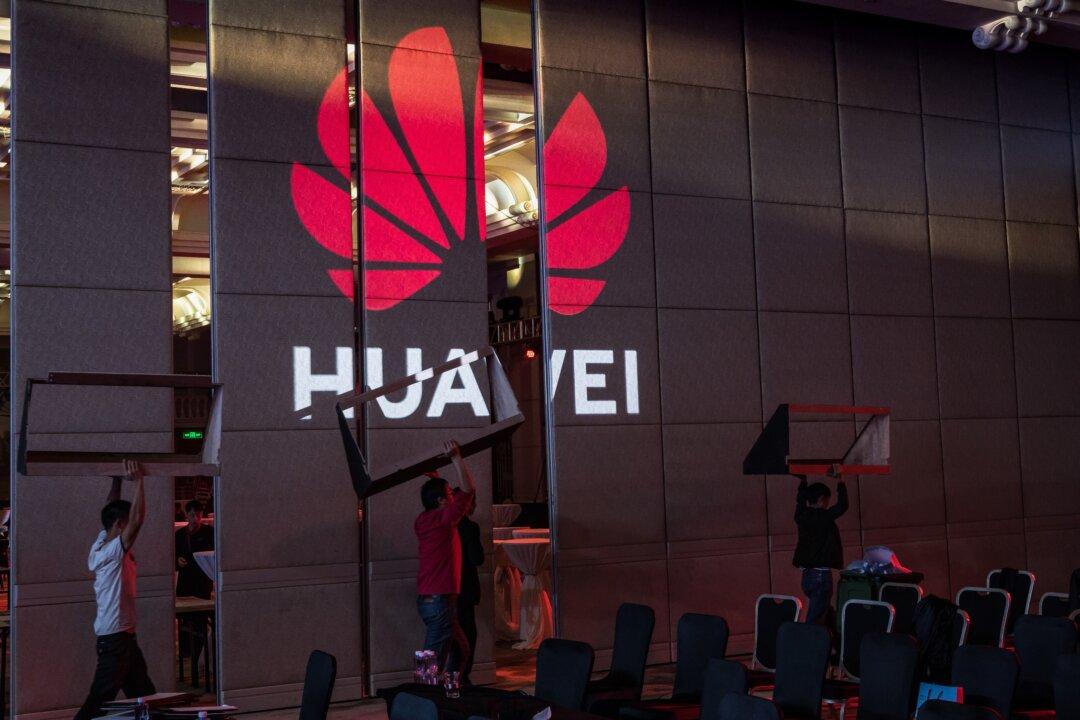The United States is again warning the UK about using technology from China’s Huawei for its 5G telecommunications networks, saying it would be a threat to the country’s national security.
U.S. officials this year have increasingly spoken out about countries “opening their arms” to Chinese companies for key infrastructure such as artificial intelligence and 5G. Lawmakers have also publicly warned that Chinese companies, under the regime’s law, have to provide data to Beijing’s intelligence services.





